
Olomorasib shows promising intracranial efficacy in treating KRAS G12C-mutant NSCLC with brain metastases, highlighting a potential shift in treatment strategies.

Olomorasib shows promising intracranial efficacy in treating KRAS G12C-mutant NSCLC with brain metastases, highlighting a potential shift in treatment strategies.


Long-term findings from the REASSURE study confirm Radium-223’s acceptable hematologic safety profile and reinforce the importance of early use alongside bone-protecting agents to minimize fracture risk and optimize outcomes.
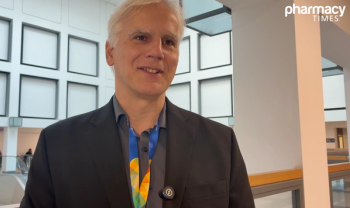
Balazs Halmos, MD, discusses how the COPERNICUS trial aims to build on previous amivantamab studies.
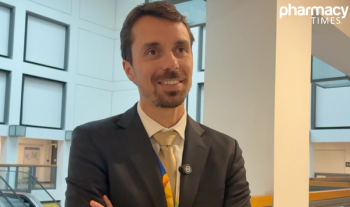
In the ARANOTE trial, darolutamide combined with ADT significantly delayed disease progression and maintained quality of life for patients with metastatic hormone-sensitive prostate cancer, supporting its use as a chemotherapy-free option.

Personalized cancer vaccines target tumor heterogeneity, enhancing immune responses and improving treatment outcomes in diverse cancer types.

Experts at ESMO 2025 highlight antibody-drug conjugates in HER2-positive metastatic breast cancer treatment.

Emerging biomarkers and targeted therapies are reshaping the landscape of lung cancer treatment and drug development.
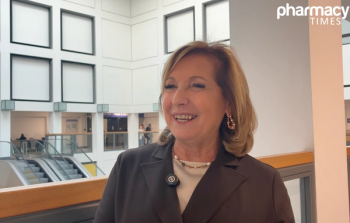
Nicoletta Colombo, MD, PhD, discusses why metronomic chemotherapy dosing and careful regimen design may have driven the success of the KEYNOTE-B96 trial.
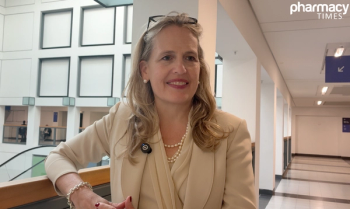
Datopotamab deruxtecan-dlnk improved duration of response by roughly 5 months compared with chemotherapy in first-line mTNBC.
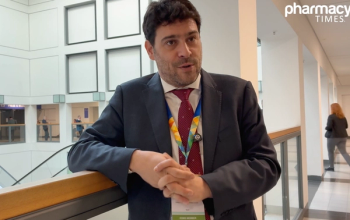
At ESMO 2025, Felix Guerrero-Ramos, MD, discussed SunRISe-1 data showing durable responses and low toxicity with TAR-200, the importance of training in device management, and how future biomarker research may refine patient selection and combination strategies.
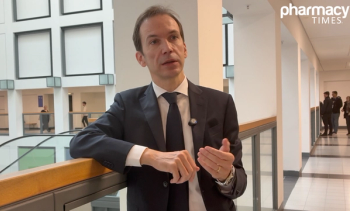
Andrea Necchi, MD, shared SunRISe-4 primary results demonstrating higher pathologic response and relapse-free survival rates with TAR-200 plus sacituzumab compared with checkpoint inhibitor monotherapy, with no new safety signals observed.
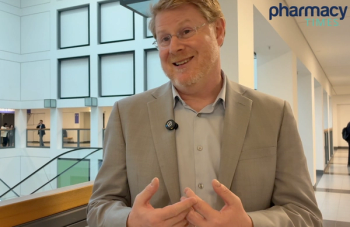
Stephen Freedland, MD, highlighted data showing significant overall survival benefits in the EMBARK trial and discussed the continued role of monotherapy in preserving quality of life for select patients.
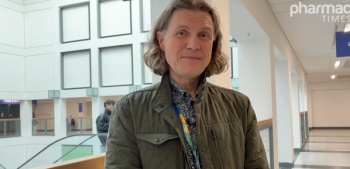
Thor Halfdanarson, MD, discussed early results showing favorable response rates and manageable safety with ^212Pb-VMT-α-NET, along with the role of PET imaging in optimizing patient selection for future trials.

Advances in targeted therapies, combination approaches, and novel treatment strategies are shaping the management of drug-resistant lung cancer.

Insights from ESMO 2025 highlight advancements in non-small cell lung cancer treatment, focusing on novel therapies and molecular diagnostics.

Felix Guerrero-Ramos, MD, outlines molecular and pharmacologic findings from SunRISe-1, including the high prevalence of TP53 alterations and the extended drug exposure achieved with the TAR-200 intravesical delivery system.

Oncologist Thor Halfdanarson reviews dose-finding data for the targeted α radioligand therapy [^212Pb]VMT- α-NET, highlighting manageable toxicity, stable renal function, and plans for phase 2 evaluation.

New data from the NATALEE trial reveals ribociclib significantly improves invasive disease-free survival in HR+/HER2– early breast cancer.
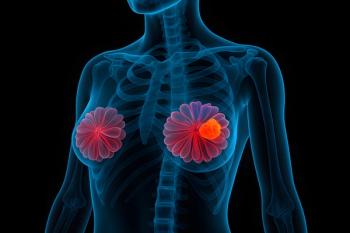
Adjuvant abemaciclib plus endocrine therapy significantly enhances overall survival in high-risk HR-positive HER2-negative breast cancer.

Durvalumab combined with FLOT shows significant survival benefits for patients with resectable gastroesophageal junction cancer, regardless of PD-L1 status.
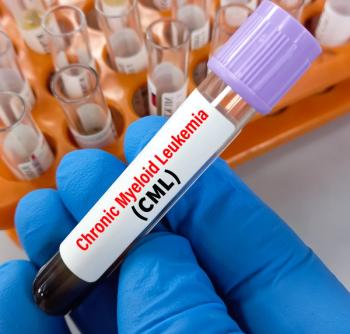
Novel mechanism offers hope for improved tolerability and efficacy in patients facing resistance or long-term toxicity with existing TKIs.

Nivolumab plus chemotherapy and ipilimumab show significant long-term survival benefits for advanced esophageal squamous cell carcinoma.

Glofitamab-GemOx improves survival in transplant-ineligible patients with R/R DLBCL.
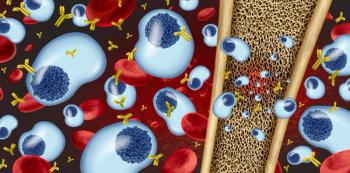

Three targeted inhibitors offer new strategies for HR-positive, HER2-negative breast cancer with PIK3CA mutations.

Explore the profound connection between emotions and oncology pharmacy, highlighting the importance of acknowledging feelings in patient care.
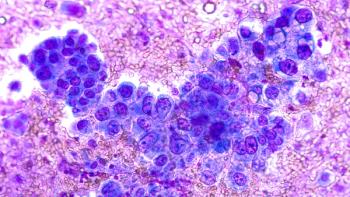


Explore how targeted therapies and immunotherapies transform oncology, highlighting novel antibody treatments and their impact on patient care and outcomes.